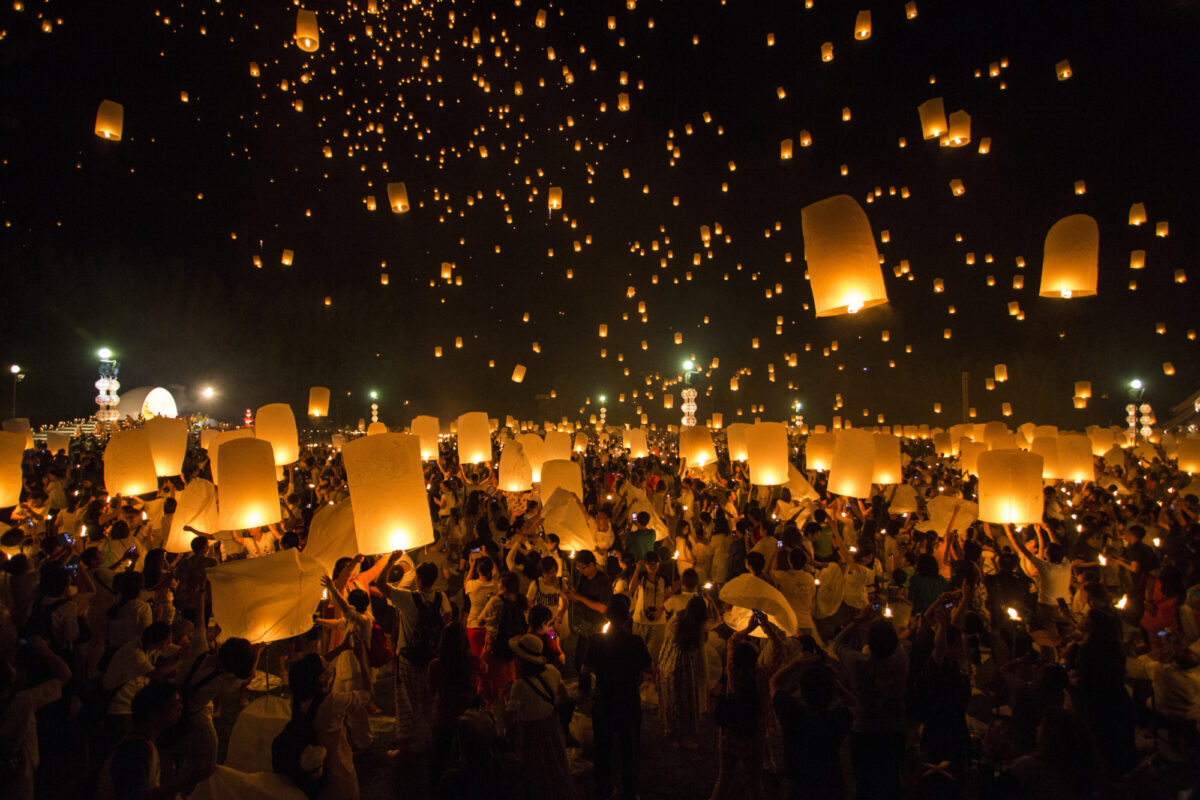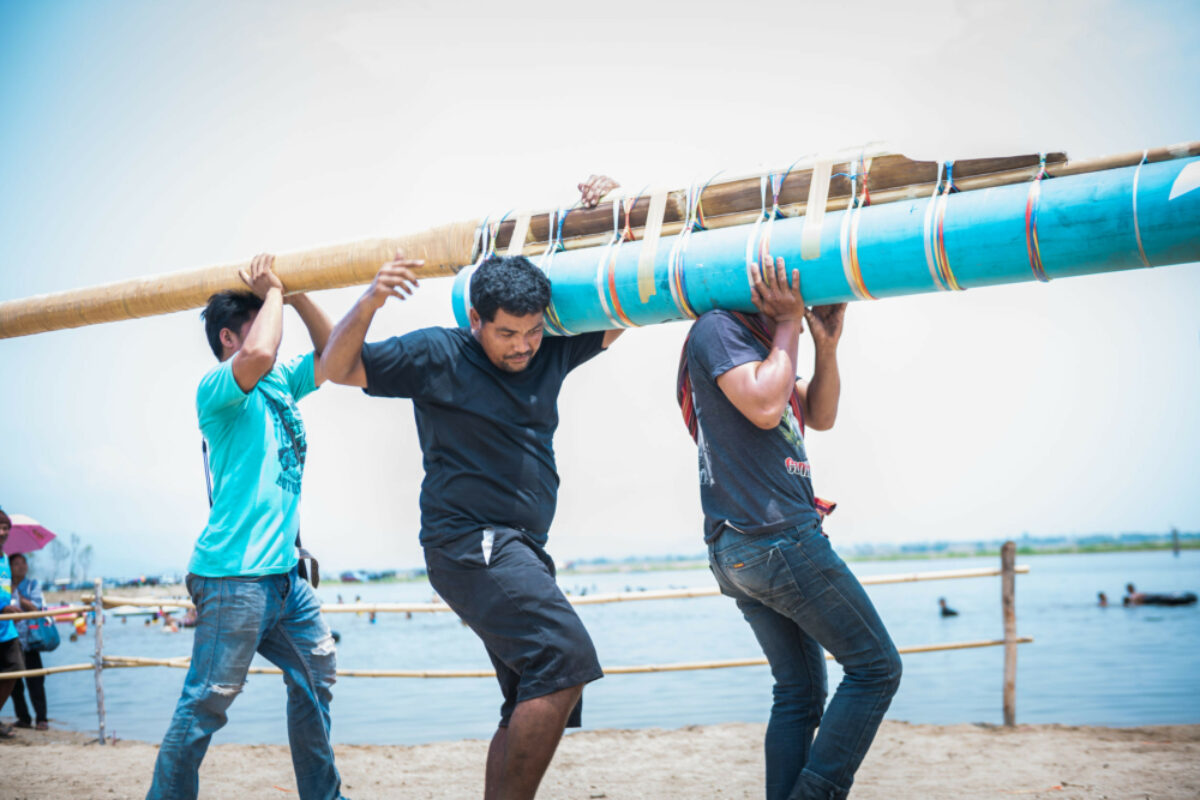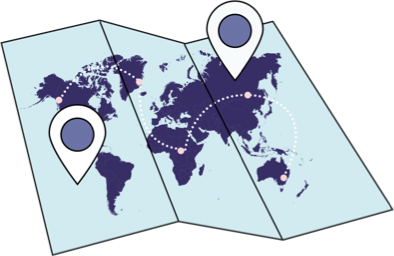The Best Time To Visit Thailand
Seasons, weather, festivals & events
Thailand is a good year-round destination – with a few important exceptions most places can be pleasant to visit at any time of year.
Climate change is making the Thai seasons and weather increasingly unpredictable. For example, the rainy seasons have been starting and ending later in recent years, and rain has become more frequent during the hot season.

Floating lanterns at Chiang Mai's Loi Krathong festival, usually every November
The best times to visit Thailand
Best months: November to December
Months to avoid: February to April in the north (burning season)
Peak tourism season: December to February
Best weather: November to April
Dry season
It’s dry and sunny in most of Thailand from November to April, and this is when most tourists visit the country – late December through to February is the busiest time.
Later in the season it gets brutally hot away from the sea and mountains. Lodgings fill up around Christmas and the three New Year festivals: The 31st December, the Lunar New Year a month or two later, depending on the moon cycle, and the Thai New Year, or Songkran, in mid April.
Avoid the north during the February to April burning season when field stubble smoulders away at countless farms in Thailand, Laos and Myanmar, blanketing the region in a thick haze. The air quality in Chiang Mai is among the worst anywhere in the world on some days in March and April. It improves when the rain arrives in May. Air quality has worsened in Bangkok in recent years, with unhealthy levels of dust reported on many days in the dry season.
Rainy season
All but one of the monsoons affecting Thailand arrive in May and usually last into early November. Resorts and restaurants close on many islands, some ferries stop running and several national parks close. The worst rains hit between August and October.
Note however, that rainy season travel can mean cheaper room rates, more impressive waterfalls, fewer crowds and lush jungles and rice fields.
The rainy season arrives later on the southern Gulf of Thailand coast, around August, and lasts well into December or January.

Prepare for liftoff – the Boon Bang Fai rocket festival in Yasothon
Festival and events
The Songkran holiday is now a full-blown water war waged by hose, pistol, balloon and bucket, but it began centuries ago with more gentle water splashing which remains part of a cleansing ritual still seen at temples. The festival runs from 13th to 15th April nationwide, although Chiang Mai adds extra soakage days and the Mon enclave of Phra Phradaeng, near Bangkok, throws its own unique style of Songkran a week later.
Thailand's other big nationwide festival is Loi Krathong, when candlelit offerings fill rivers and float through the sky in a moving ritual to release past negativity and start anew. The date changes each year but it’s usually in November, always on a full moon.
Few places do regional festivals better than the Northeast region between late May and early July, when rice farmers sow their fields. In Loei province, the Phi Ta Khon festival celebrates the spirit world via elaborate painted masks worn by dancing and flailing “mediums”. It's thrilling for older kids, but possibly frightening for younger ones.
For something lighter, try Ubon Ratchathani's Hae Thian parade of detailed wax images carved for weeks at nearly every local temple. In the nearby province of Yasothon, the Bueng Fai festival features rockets (some very big) launched day and night as part of an annual rain-making ritual. Beware - those things fall hard.
Thailand also has a national public holiday dedicated to children: Children's Day or Wan Dek, on 11th January, when schools close as fairs and activities spring up.




